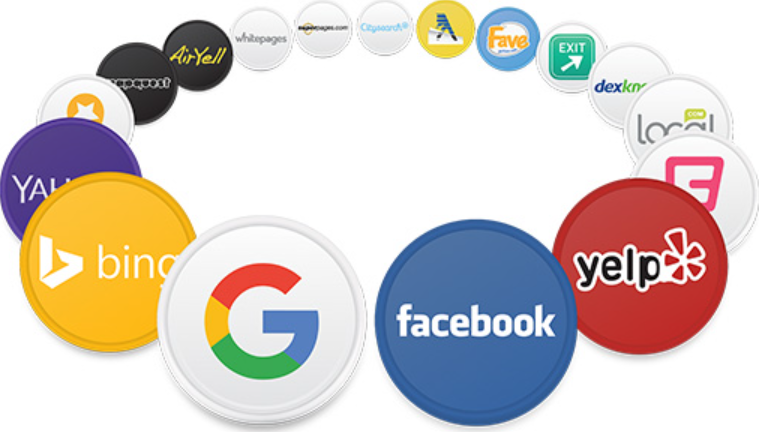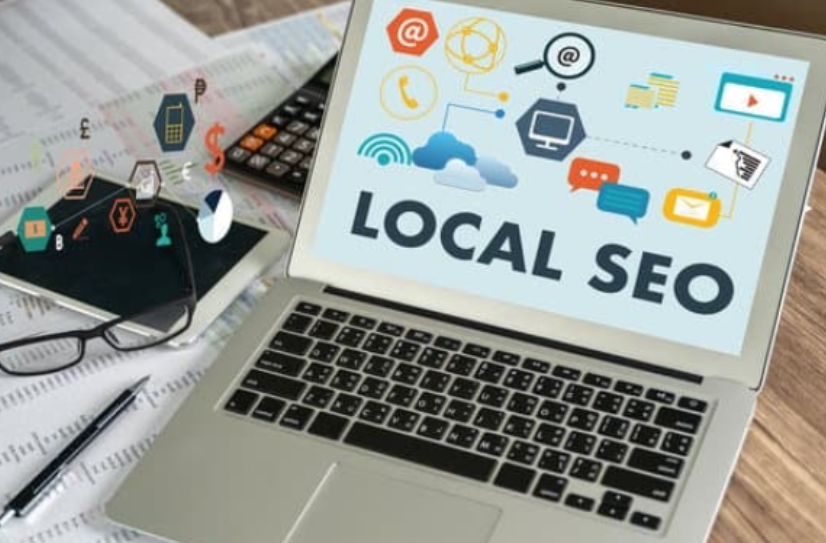As a local business owner, your primary objective is to attract nearby customers. However, with so many businesses competing for attention, it can be challenging to stand out from the crowd. This is where search engine optimisation (SEO) comes in.
Local SEO is the process of optimising your website and online presence so that it ranks higher in search results for local searches. This means that when people in your area search for insurance, your website will be one of the first results they see.
In this guide, we’ll cover some essential strategies for mastering local SEO and attracting more nearby customers.
Claim Your Google My Business Listing
The first step in optimising your local SEO is to claim your Google My Business (GMB) listing. GMB is a free tool that allows businesses to manage their online presence across Google, including search and maps. By claiming and verifying your GMB listing, you’ll be able to provide accurate information about your business, including your address, phone number, hours of operation, and website. This information will appear in Google search results and maps when someone searches for your business or related keywords.
To claim your GMB listing, visit the Google My Business website and follow the steps to create or claim your listing. Once you’ve claimed your listing, make sure to verify it to ensure that your information appears correctly in Google search results and maps.
The Impact on Local Businesses:

For local businesses, Google My Business is a game-changer. It bridges the gap between the online and physical worlds, ensuring that when potential customers search for products or services in a specific area, local businesses have a strong presence. GMB offers a level playing field, allowing smaller businesses to compete with larger enterprises by leveraging their locality and unique offerings.
By actively managing their GMB profile, businesses can cultivate a digital storefront that invites customers in, answers their questions, and guides them to the doorstep. It’s not just about being discovered; it’s about making a favorable first impression, building trust, and converting virtual interactions into real-world visits or purchases.
In a world where convenience and accessibility drive consumer behavior, Google My Business is a beacon of opportunity. It’s a digital handshake, a personalised invitation, and a dynamic tool that empowers businesses to stand out, connect with their audience, and thrive in the digital landscape.
Optimise Your Website for Local Keywords
Another essential strategy for mastering local SEO is to optimise your website for local keywords. Local keywords are search terms that include a location, such as “best pizza in New York City” or “plumber near me.”
The Steps to Unlocking Local Keywords:
- Define Your Area: Begin by identifying the geographical area your business serves. Is it a city, a specific neighborhood, or a region? Defining this scope is crucial for precise local keyword targeting.
- Brainstorm Keywords: Jot down keywords that are relevant to your business and have a local angle. Think about the phrases your customers might use when searching for your products or services in your area.
- Google’s Autofill and Related Searches: Start typing potential keywords into Google’s search bar and observe the autofill suggestions. These can provide insight into popular search terms. Additionally, scroll to the bottom of the search results page to find related searches.
- Local Search Tools: Utilise online tools like Google’s Keyword Planner, Ubersuggest, or Moz’s Keyword Explorer. These tools help identify search volumes and suggest related keywords.
- Competitor Analysis: Analyse your competitors’ websites and content. What local keywords are they targeting? This can provide valuable inspiration.
- Location-Specific Queries: Consider keywords that involve your location, such as “near me,” “[City] bakery,” or “best [City] coffee shop.”
- Long-Tail Keywords: These are longer and more specific phrases. They often contain local elements and can help you target a niche audience effectively.
- User Intent: Understand the intent behind the keywords. Are users looking for information, products, or services? Tailor your content accordingly.
To optimise your website for local keywords, you’ll need to include them in your website’s content, meta descriptions, and title tags. You should also consider creating location-specific pages that target specific cities or neighborhoods.
Get Listed in Local Directories
Getting listed in local directories is another great way to improve your local SEO. Local directories are websites that list businesses by location and category. Examples of local directories include Yelp, Yellow Pages, and Angie’s List. By getting listed in these directories, you’ll be able to improve your visibility in local search results and drive targeted traffic to your website. Make sure to provide accurate and up-to-date information about your business, including your address, phone number, and website.

To get listed in local directories, start by searching for directories in your area and submitting your business information. Some directories may require a fee, while others are free to use. Make sure to choose directories that are reputable and relevant to your business.
Create High-Quality Content
Creating high-quality content is another essential strategy for mastering local SEO. By creating valuable and engaging content, you can attract more visitors to your website and improve your search engine rankings. Make sure to create content that is relevant to your audience and includes local keywords where appropriate.
Some ideas for local content include blog posts about local events or news, guides to local attractions or activities, and reviews of local products or services. You can also consider creating videos or podcasts that showcase your business or provide helpful information to your audience.
Build Local Links
Building local links is another effective way to improve your local SEO. Local links are links from other websites in your area that point back to your website. These links can help to establish your business as an authority in your local area and improve your search engine rankings.
To build local links, start by reaching out to other local businesses or organisations and asking if they would be willing to link to your website. You can also consider sponsoring local events or charities and asking for a link in return. Make sure to focus on building high-quality links from reputable websites.
Mastering local SEO is essential for attracting nearby customers to your business. By claiming your Google My Business listing, optimising your website for local keywords, getting listed in local directories, creating high-quality content, and building local links, you can improve your visibility in local search results and drive targeted traffic to your website. These are just a few of the many strategies for mastering local SEO, so be sure to continue learning and experimenting to find what works best for your business.


